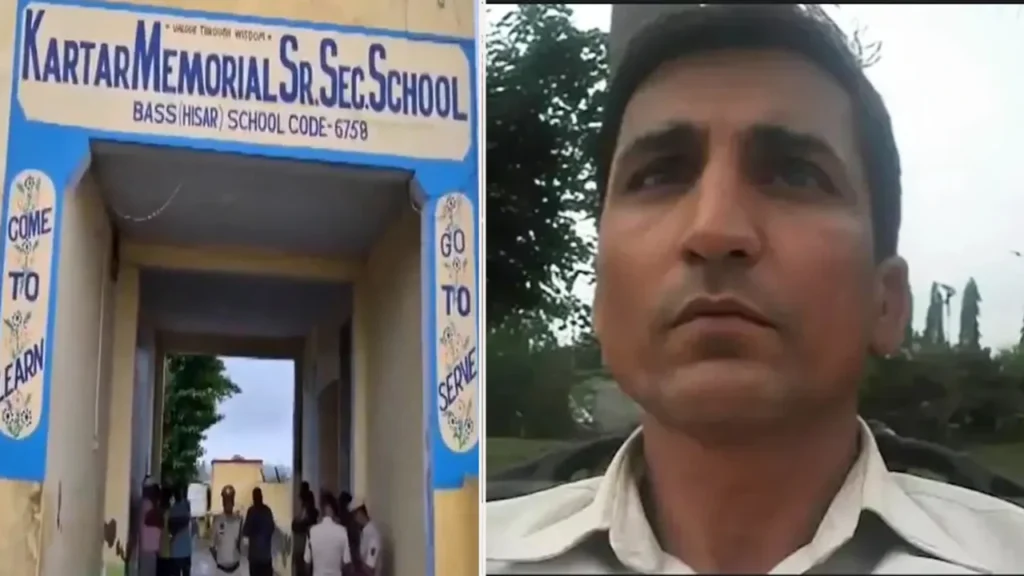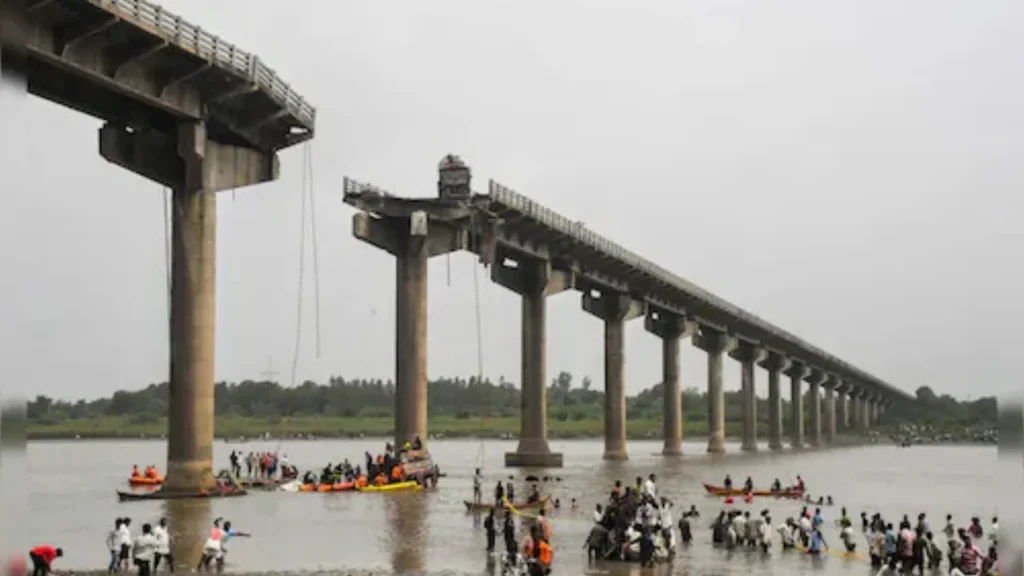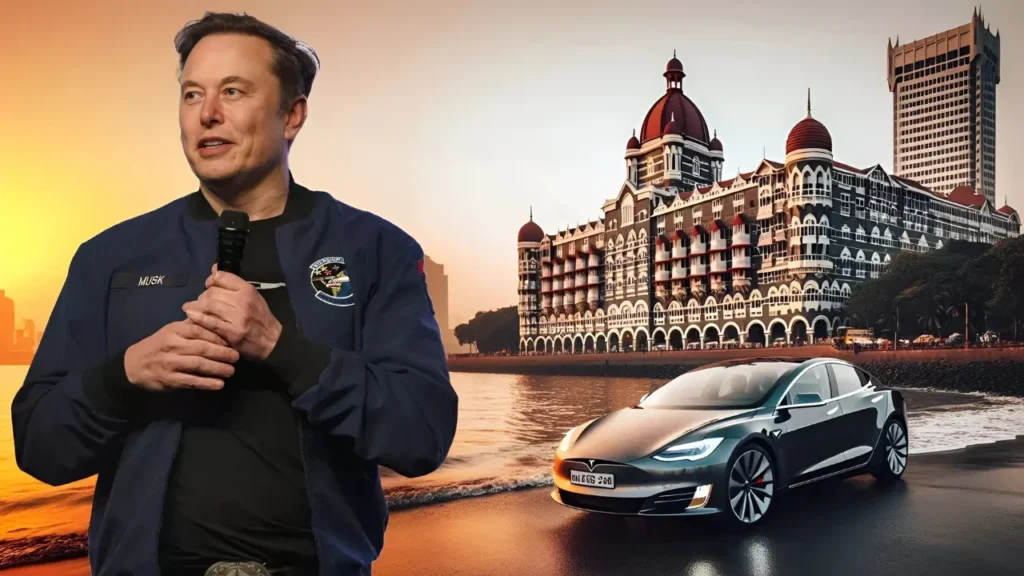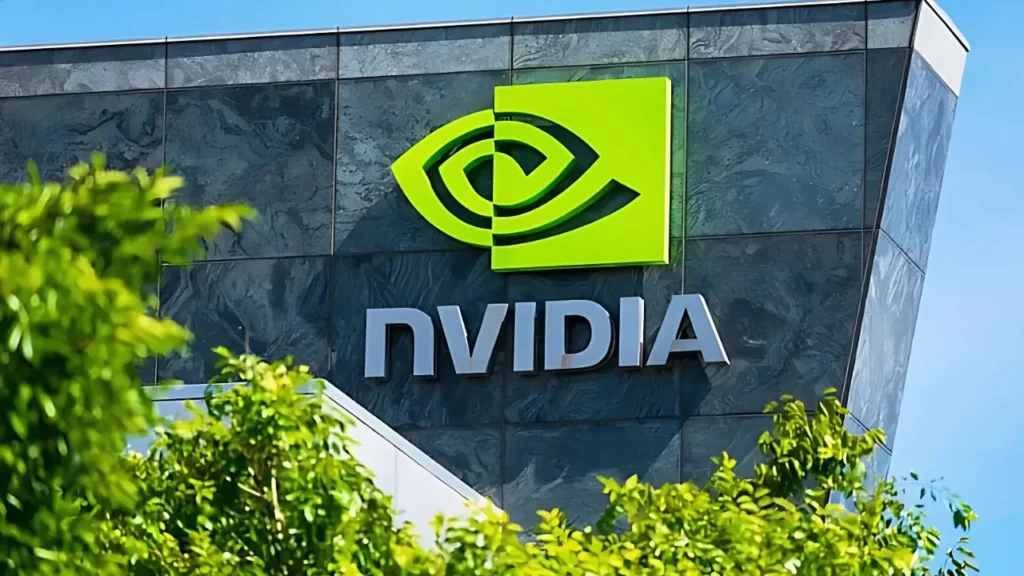The Question on Everyone’s Mind
In 2025, a major question has emerged across South Asia and beyond: Has the long-standing war between India and Pakistan finally ended? With new diplomatic gestures, reduced cross-border shelling, and efforts at backchannel talks, some believe that a turning point may have arrived. However, a deeper look reveals that while there is a de-escalation of hostilities, calling it the end of war may be peace and overly optimistic.
Historical Background: Decades of Conflict
India and Pakistan have fought four full-fledged wars since 1947—in 1947-48, 1965, 1971, and the Kargil War of 1999. Besides these, border skirmishes, terrorist attacks, and ceasefire violations have remained frequent. The root cause remains the Kashmir dispute, compounded by differing national ideologies and trust deficits.
Since the revocation of Article 370 in 2019 by India, which changed Jammu and Kashmir’s status, relations between the two countries have hit a new low. Cross-border firing increased sharply, diplomatic ties were scaled down, and mutual suspicion remained at its peak.
What Changed in 2025?
In early 2025, both India and Pakistan took steps to reaffirm the ceasefire agreement along the Line of Control (LoC). Reports also emerged of backchannel talks facilitated by third parties such as the United Arab Emirates. This thaw in relations led to fewer skirmishes, and the LoC has remained largely peaceful for months.
Additionally, both nations are facing significant internal challenges. India is focused on its economic recovery, social development, and managing tensions on other borders. Pakistan, meanwhile, is dealing with political instability, a financial crisis, and increasing pressure from international agencies over terrorism financing.
No Official Declaration of War or Peace
To clarify, India and Pakistan are not officially at war in 2025. Despite military engagements and hostility over the decades, there has never been a formal declaration of war since 1971. The conflict exists in the form of proxy wars, border clashes, and diplomatic standoffs rather than conventional military wars.
Similarly, there has been no official peace treaty signed that would signify a permanent end to hostilities. While the ceasefire agreement is a welcome development, it is not a final resolution.
Ground Reality: A Fragile Peace
While the situation in 2025 is more peaceful than in recent years, fragility remains. The Kashmir issue is still unresolved. There is no structured political dialogue underway. Terror threats, especially from groups like Lashkar-e-Taiba and Jaish-e-Mohammed, still loom large, and any major terror incident could unravel the current calm instantly.
India maintains that peace talks are not possible without concrete action from Pakistan on terror networks operating from its soil. Pakistan, on the other hand, continues to raise concerns about alleged human rights violations in Kashmir and insists on multilateral engagement.
Public Sentiment and the Role of Media
On both sides, nationalistic media narratives and political rhetoric often hinder efforts toward peace. In India, public sentiment remains cautious and demands security above all. In Pakistan, there’s widespread public support for the Kashmiri cause, often viewed through a religious and ideological lens.
However, there is also a growing voice among the youth, civil society, and business communities in both countries calling for peace, trade, and cultural exchange. These voices are slowly gaining space, especially through social media, cross-border content, and people-to-people interaction.
International Influence and Pressure
Global powers have a stake in peace between India and Pakistan. A stable South Asia is essential for global economic growth and counter-terrorism efforts. The United States, China, Russia, and the United Nations have all shown interest in reducing Indo-Pak tensions, though India traditionally opposes third-party mediation.
Financial institutions like the International Monetary Fund (IMF) and the Financial Action Task Force (FATF) have also influenced Pakistan’s approach, pushing it to act against terror financing and extremist groups. These pressures have created an incentive for Pakistan to avoid further conflict.
Looking Ahead: What’s Needed for Real Peace
Ending the warlike environment between India and Pakistan requires more than just a ceasefire. Political courage, consistent diplomatic engagement, and mutual trust-building measures are essential. Some steps that could pave the way include:
- Restoration of diplomatic missions and high-level talks
- Reopening of cross-border trade and travel routes
- Joint mechanisms to address terror threats and border security
- Cultural exchanges and academic cooperation to promote people-to-people contact
- A bilateral framework to discuss core issues like Kashmir and water sharing
Only when such initiatives are sustained and institutionalized can a true “end of war” be declared.
Peace in Progress, Not Yet a Final Chapter
So, has the India-Pakistan war ended in 2025? The short answer is: No, but things are better than before. The LoC is quieter, the diplomatic tone is softer, and there is cautious optimism. But unless there is a long-term political resolution, de-radicalization of narratives, and mutual trust, the risk of return to hostility remains.
The war may not be officially declared, but the conflict—emotional, ideological, and strategic—continues. 2025 may not mark the end of the India-Pakistan war, but it could mark the beginning of a serious conversation about ending it.
















